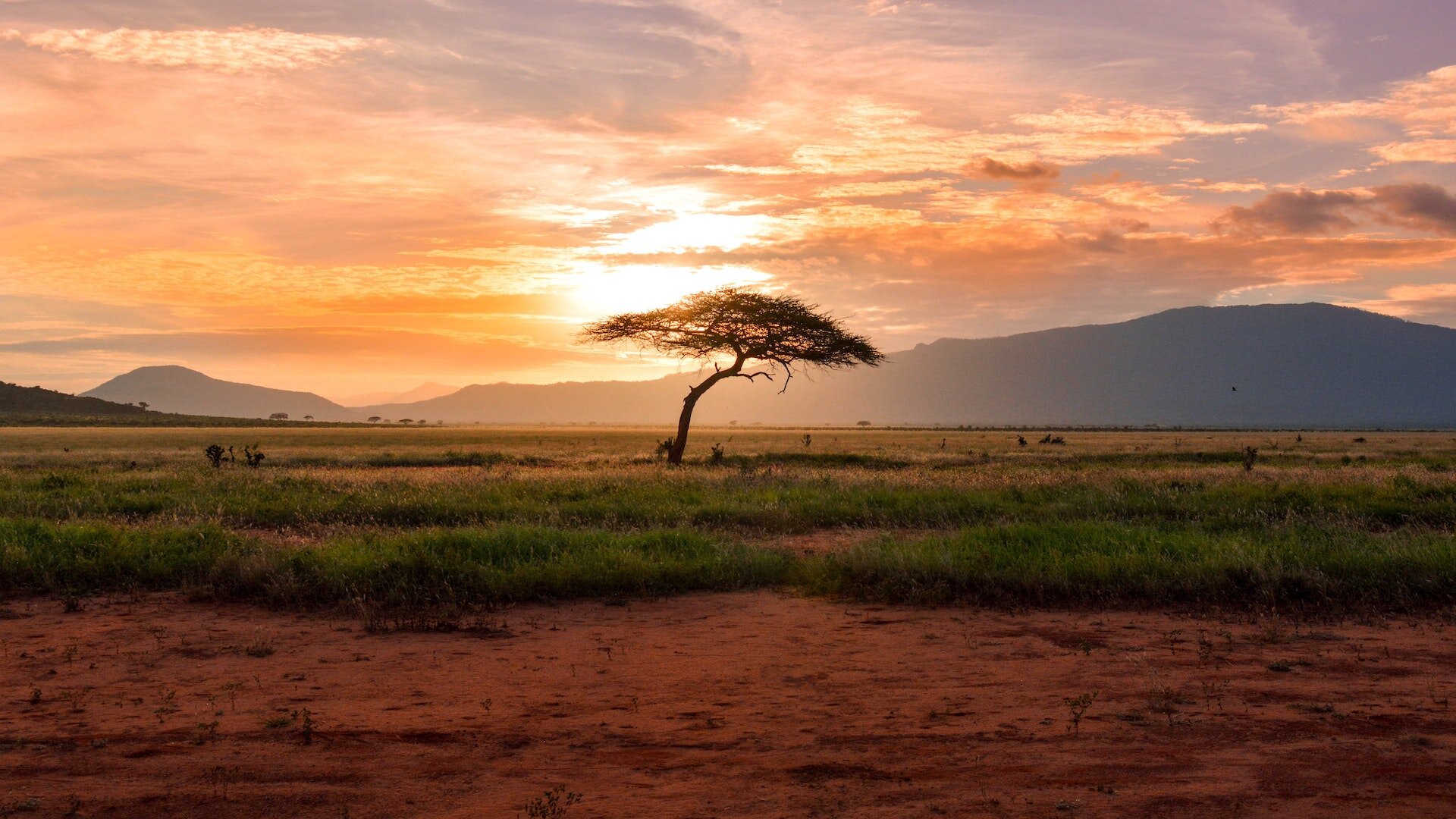
The Story
Locating Liberty takes the journey with several expatriates from the African Diaspora who are reconnecting to their heritage and searching for freedom in a more equitable society. One of the main subjects is Kwana Strong. Once her work contract ends overseas, Kwana decides not to return to the United States of America after seeing repeated cases of black people killed by law enforcement. Instead, Kwana starts a construction company called Organic Earth Homes and Lifestyles to build her new home in Ghana and provide a source of income. Her company uses a construction technique called rammed earth. These rammed earth homes are environmentally sustainable and outfitted with features like composting toilets, solar panels, and rainwater catchment systems. However, the difficulties of starting a construction business in a foreign country are rife with labor retention, misogyny, bad business partners, and competition.
Like Kwana, many other black expatriates are leaving the United States to resettle in Africa, “The Motherland”. What will these expats encounter upon arriving? Where will their children attend school? What is the quality of health care in a developing country? How will they assimilate into the culture? Will they be welcomed by the citizens, or be taken advantage of by swindlers? These are some of the many challenges our subjects face. Nevertheless, they are determined to thrive in the Motherland and bring new economic opportunities to Ghana.
The call to come home to the Motherland rings true for many, but it is a home they never knew before. The journey we will take with Kwana, the Williams, the Lackeys, and Tyrone is filled with exciting new places to travel, cultures to explore, food to eat, and people to meet. This pilgrimage is a spiritual healing that serves as a guide for others in the Africa Diaspora who are considering leaving their place of birth to seek peace from racial oppression.
Locating Liberty explores the past of black expatriation from the 1800s, 1920s, 1960s to the present day. The urgency of this story is triggered by the resurgence of emboldened hate groups in America. This exodus is also spurred on by the alarming rate at which black people are currently being publicly murdered and targeted by racists. The importance of environmental sustainability is just as crucial for the human need for social sustainability. In the end, the question we must ask ourselves is “Should black people return to the land of their ancestors because their humanity and survival are at stake?”

Director’s Statement
Locating Liberty was conceived in 2020 during the height of the social unrest stemming from the George Floyd murder. At this time, I reconnected with my childhood friend, Kwana Strong, who was in the process of moving to Ghana, West Africa. She shared her plans for building rammed earth homes, and I thought it would be an interesting process to document. Then she shared videos of other Black expatriates who are relocating to the continent. The “light bulb” turned on as I watched their stories, revealing the broader scope of this film. This movement of black people repatriating to African countries seeking social sustainability runs parallel to the theme of environmental sustainability. They want to live in an ecology-friendly environment and a world devoid of injustice and racial violence.
This film offers a unique perspective on the case for expatriation. The story of the African Diaspora experience comes full circle from enslavement to freedom and now to the daily struggles of integrating into an African society. Locating Liberty presents the hard-fought battles for equality, dignity, and justice which we have seen eroded in cellphone footage of racist acts and discriminatory legislation. Now, these weary soldiers are finally returning to their rightful homelands and reestablishing their lives.
Producing this project is a new path for me as a filmmaker and cinematographer. I feel compelled to make this film as a love letter to all Black people, focusing my lens on an alternative life free of racial oppression.
CRYSTAL KELLEY, Los Angeles, California

Look Book
Click above to download our visual treatment.